The future of humanitarian settlement I ANU-CPD Policy Dialogue I May 2019
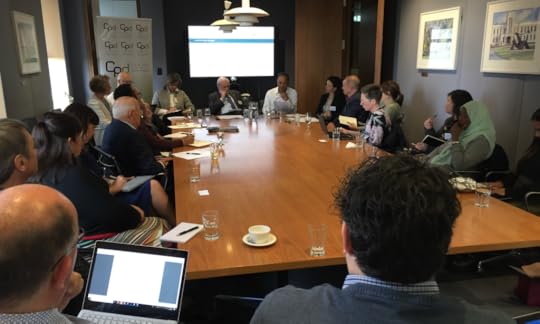
On 14 May, we hosted our second ANU-CPD Policy Dialogue for 2019 on the future of humanitarian settlement. The event featured opening remarks from Abul Rizvi (Former Senior Official, Commonwealth Department of Immigration), Kate O’Malley (Senior Policy Advisor to the UNHCR Multi-Country, Representation in Canberra), Paris Aristotle AO (CEO, Victorian Foundation for Survivors of Torture) and Lisa Button (Senior Project Manager, Centre for Policy Development).
The roundtable was hosted and moderated by ANU Chancellor and former Foreign Minister, the Hon Gareth Evans AC QC, and brought together 25 leaders from government, business, civil society and academia.
It’s a pivotal time for Australia’s approach to humanitarian settlement. Last year’s review of employment services was followed closely by a review led by Peter Shergold ACinto Integration, Employment and Settlement Outcomes for Refugees and Humanitarian Entrants. Research by CPD has highlighted the enormous benefits for individuals, families and Australian society if we can help refugees to settle better.
Ahead of the federal election, this Policy Dialogue explored the opportunities inherent in connecting settlement policy and programming in Australia to a more proactive approach to displacement in the region.
Opening remarks
Abul Rizvi opened the discussion describing the three major groups of humanitarian migrants in Australia. He highlighted the challenges of Australia’s current humanitarian settlement program and bemoaned that Australia has lost its way of explaining to the wider public our involvement in humanitarian settlement and educating them on the issue.
Kate O’Malley provided background on the global context of resettlement needs, drawing on her experience working in Geneva and recently returning to Australia. She also highlighted some of the now lost nuance around humanitarian migration as distinct from resettlement. She explained that Australia has a long tradition as a resettlement country, but despite the increase in the program, the quota for UNHCR referred refugees is now at its lowest.
Paris Aristotle AO focussed on what a good structure for Australia’s settlement program might look like, and how we might link the aspiration of having a world-best settlement to how we think about settlement in Australia. He also addressed how Australia might connect a bigger focus on displacement in the region to our domestic approach to settlement.
Lastly, Lisa Button outlined what this means at the local and community level. She provided insights in relation to the challenges of economic participation for humanitarian migrants drawn from CPD’s Cities & Settlement (CSI) initiative. She outlined the need for interventions that assist humanitarian migrants to develop greater social capital and the role that community sponsorship can play in encouraging greater community understanding of and engagement with newly-arrived refugees.
The following discussion touched on:
The biggest opportunities after the election.
Why changing the narrative around the issue matters and how Australia can benefit by getting this right.
How Australia’s approach to humanitarian settlement connects to Australia’s approach to human displacement in the region and globally.
Opportunities of a global compact.
Participants:
Abul Rizvi (Former Senior Official, Commonwealth Department of Immigration),Annabel Brown (Program Director, Centre for Policy Development),Anthea Hancocks(CEO, Scanlon Foundation), Asher Hirsch (Senior Policy Officer at the Refugee Council of Australia), Carmel Guerra OAM (CEO, Centre for Multicultural Youth),Clifford Eberly (Social and Economic Inclusion Lead, Wyndham City Council), Dean Wickham (Executive Officer, Sunraysia Mallee Ethnic Communities Council (SMECC)), Gabby Lam (Grants Coordinator, Australian Communities Foundation), Gareth Evans AC, QC (Chancellor, ANU),James Button (Former journalist and speechwriter), Jessica Del Rio (Branch Manager, Settlement Policy Branch, Commonwealth Department of Social Services),John Cameron (Founder, Talent Beyond Boundaries Australia), John Roc (Deputy Chair, Durable Solutions Working Group, APRRN), Kate O’Malley(Senior Policy Advisor to the UNHCR Multi-Country Representation in Canberra), Katrina Currie (Executive Director, Employment at Department of Jobs, Precincts and Regions, Victoria),Kerrin Benson (CEO, Multicultural Development Association), Lisa Button (Senior Project Manager, Centre for Policy Development), Loga Chandrakumar (Director, Outcomes, Performance and Risk at Department of Health & Human Services, Victoria),Nivy Balachandran (Director of Operations and Client Services, Cultural Infusion), Paris Aristotle AO (CEO, Victorian Foundation for Survivors of Torture), Peter Mousaferiadis (CEO and Founder, Cultural Infusion), Professor Andrew Markus (Director of the Australian Centre for Jewish Civilisation), Sonja Hood (CEO, Community Hubs),Sufiur Rahman (High Commissioner, People’s Republic of Bangladesh to Australia, New Zealand and Fiji).
Speaker profiles:
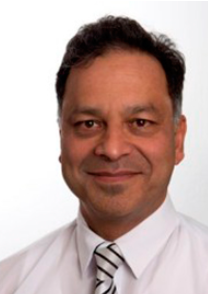
Abul Rizvi
Abul Rizvi was a senior official in the Department of Immigration from the early 1990s to 2007when he left as Deputy Secretary. He is currently doing a PhD on Australia’s immigration policies. He frequently provides media comment and opinion articles on developments in immigration policy.
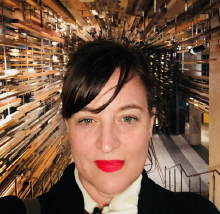
Kate O’Malley
Kate O’Malley is the Senior Policy Advisor to the United Nations High Commissioner for Refugees (UNHCR)Multi-Country Representation in Canberra.Prior to this she held two global UNHCR roles. During 2018 she was Senior Consultant on Resettlement Partnerships engaged in promoting third-country solutions for refugees to advance the Global Compact on Refugees, and between 2015 and 2017 she led UNHCR’s global Resettlement Service in its Geneva Headquarters working closely with more than 30 resettlement countries and a broad range of international stakeholders.
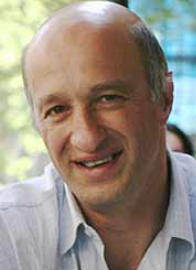
Paris Aristotle AO
[image error]Paris Aristotle AO is the Chief Executive Officer of the Victorian Foundation for Survivors of Torture Inc., also known as Foundation House. Paris has over 30 years’ experience in the field of supporting refugees and asylum seekers, particularly the provision of services to survivors of torture and trauma.
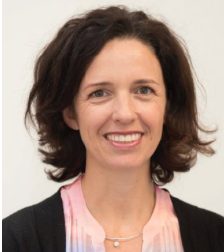
Lisa Button
Lisa is Senior Project Manager at the Centre for Policy Development. She is currently working to develop new approaches to boosting refugee economic participation in Australia, including through place-based approaches and encouraging greater employer engagement.
The post The future of humanitarian settlement I ANU-CPD Policy Dialogue I May 2019 appeared first on Centre for Policy Development.
Centre for Policy Development's Blog
- Centre for Policy Development's profile
- 1 follower



